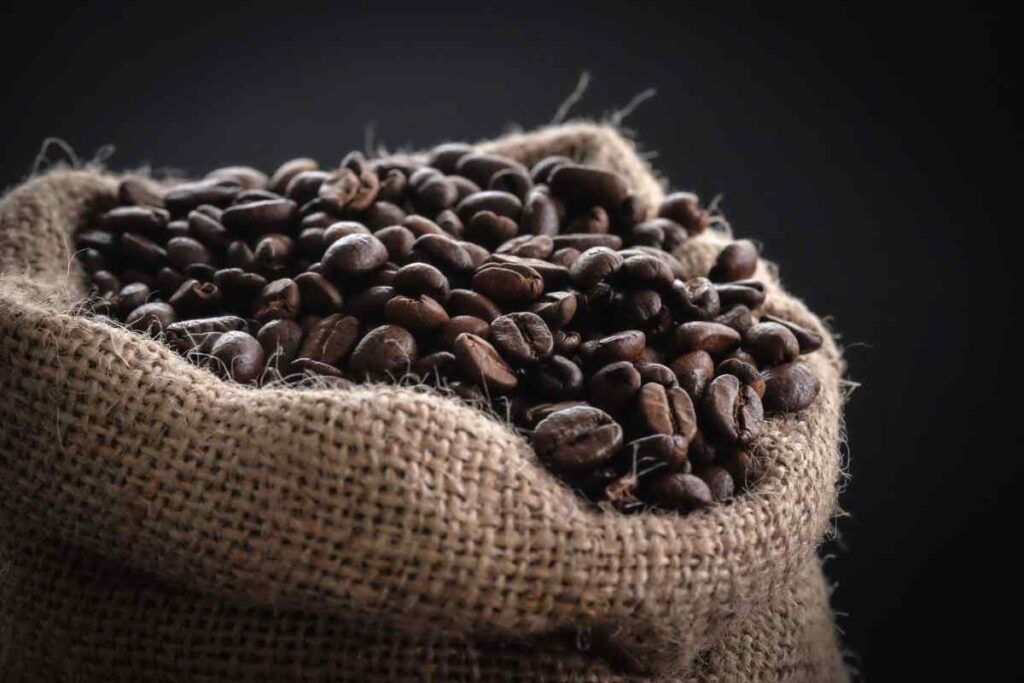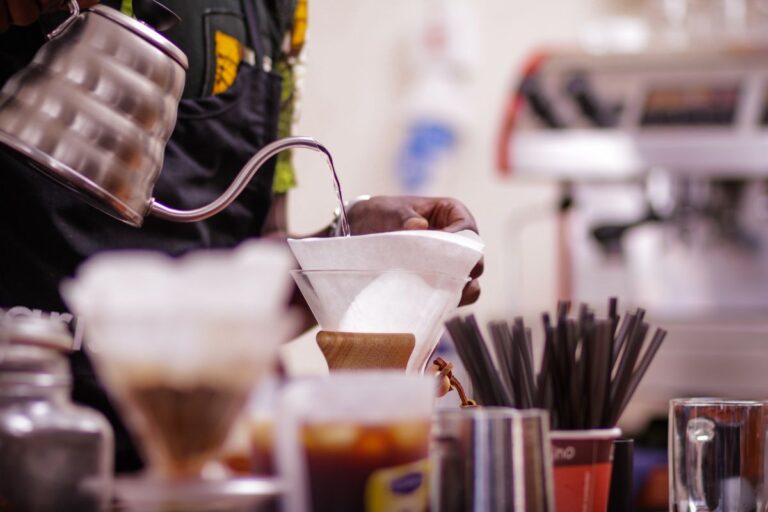How much do you know about Kenya coffee history?
Kenyan coffee is among the most sought-after, highly-rated coffees in the world, but many coffee lovers have almost no information about it, besides that it’s amazingly delicious!
Let’s make a deep dive into Kenya coffee history and find out more about these delightfully acidic, intense-flavored Kenyan coffees.
By Lilian.
Published on 08.30.2022
Affiliate disclosure
This page may contain affiliate links – we may earn a small commission when you make a purchase through these links. This is at no extra cost to you.
And in case you don’t know, Kenya also has the world’s best safari destinations.
Need I mention that it has held this position for seven consecutive years?
That’s a story for another day…
The History of Coffee in Kenya
Where Did Coffee Come From in Kenya?
Well, it all started during the colonization era.
When the British colonizers took over Kenya, it was up to them to decide which crops would be grown in the country.
The Kenyan people, now under colony, only had to provide free or cheap labor.
So, one of the crops the white settlers chose was coffee. They chose Bourbon coffee from Brazil.
According to the Kenya Coffee Traders Association, the first coffee was planted at Kibwezi in 1893, and harvested in 1896.
Later on, other coffee plants were introduced in Taita Hills (the tallest region in the Coast Province) and Kikuyu (one of the most populated towns in the outskirts of Kenya’s capital).
Were There Any Regulations Back Then?
At the time, there was really no existence of guidelines for coffee farming, production, processing, grading and marketing.
So, Kenyan coffee was marketed by elementary organizations.
It was not until 1933 when the British government set up the first Coffee Board which handled coffee licensing, inspection and promotion affairs.

What’s the History of Kenya Coffee After Independence?
As stated earlier, the natives in Kenya provided free or cheap labor to the white settlers in the coffee farms.
This continued on for more than half a century, up until the natives united and formed the Mau Mau Uprising in 1952.
How Did Mau Mau Change the Situation?
Mau Mau fought for natives to be allowed to grow coffee on their farms.
Luckily, they won it. But, needless to say, the colonizers still maintained a lot of restrictions.
For example, they dictated the different coffee-making procedures as well as the amount of coffee each farmer could grow.
They ensured that all coffee had a central processing point.
Marketing was also centralized.
Why all the Interference?
The British colonizers had to maintain control to ensure all the best quality coffees were exported while the low-quality ones were sold locally.
I’m not sure if this explains why, to date, the coffee sold in the majority of Kenyan homes does not match the high-quality Kenyan coffee sold in the rest of the world. Well, what do you think?
Now, by the time Kenya acquired its independence from Britain in 1963, the native farmers had already acquired expertise in coffee production since they were the same ones working on the colonizers’ farms.
The long-acquired know-how explains today’s top-notch quality and standards of Kenyan coffee.
The Origin of Coffee Auctions in Kenya Coffee History
Did you know that Kenyan coffee is sold in auctions? You should know!
In 1934, the Coffee Board decided that coffee should be sold in auctions, a practice that was implemented for the first time a year later.
Coffee auctions still take place to date!
The Nairobi Coffee Exchange runs the coffee auction system, which is considered the most fair and transparent coffee distribution system worldwide!
Kenya currently has a Coffee Directorate, in place of the Coffee Board.
The directorate handles the formulation of strategies to promote coffee production, processing and marketing in Kenya.
Let’s examine Kenya’s highest quality coffee – they call it the Kenya AA Coffee.

The Best Kenyan Coffee – Kenya AA Coffee
Most Kenyan coffee aficionados agree that Kenya AA Coffee is the highest-quality Kenyan coffee ever!
It’s also the most popular, sought-after Kenyan coffee!
What makes this coffee so popular?
Let me introduce you to a very important concept in coffee farming. Altitude.
According to Perk Coffee, high altitudes are the most ideal coffee-growing regions.
The cool temperatures at high altitudes slow down the growth of the coffee, meaning the beans mature slowly, but steadily.
The longer maturation process is such an advantage for the final beans. They have a fuller, richer and more intense flavor!
That’s the case with Kenya AA coffee.
The result is coffee beans with intense floral notes coupled with overtones of berries, citrus, and tropical fruits.
Don’t forget about the winey aftertaste and the delightful, bright acidity of this light roast coffee!
Pair this with a sweet pastry or donut to compliment the pastries’ sugary sweetness and you have your perfect before/after-work boost!
What’s the Meaning of “AA”?
Kenyan coffee is categorized in terms of grades, depending on the quality.
There are 8 Kenyan coffee grades, namely:
- AA
- AB
- C
- E
- PB
- MH/ML
- TT
- T
AA is the highest quality grade.
AA means that it’s the largest bean size, grown at the highest altitudes and in the most ideal climate for coffee farming!
Let me remind you that for coffees, the bigger the better.
Bigger coffee beans naturally contain more essential oils that enhance the taste and aroma of the coffee.
What do you love about Kenyan coffee? Do you agree that AA is the best?
Photos by AntonyTrivet, Arifarca and Tina Guina





